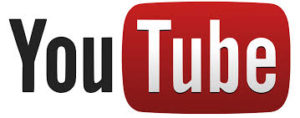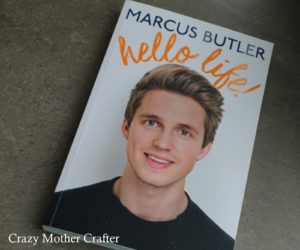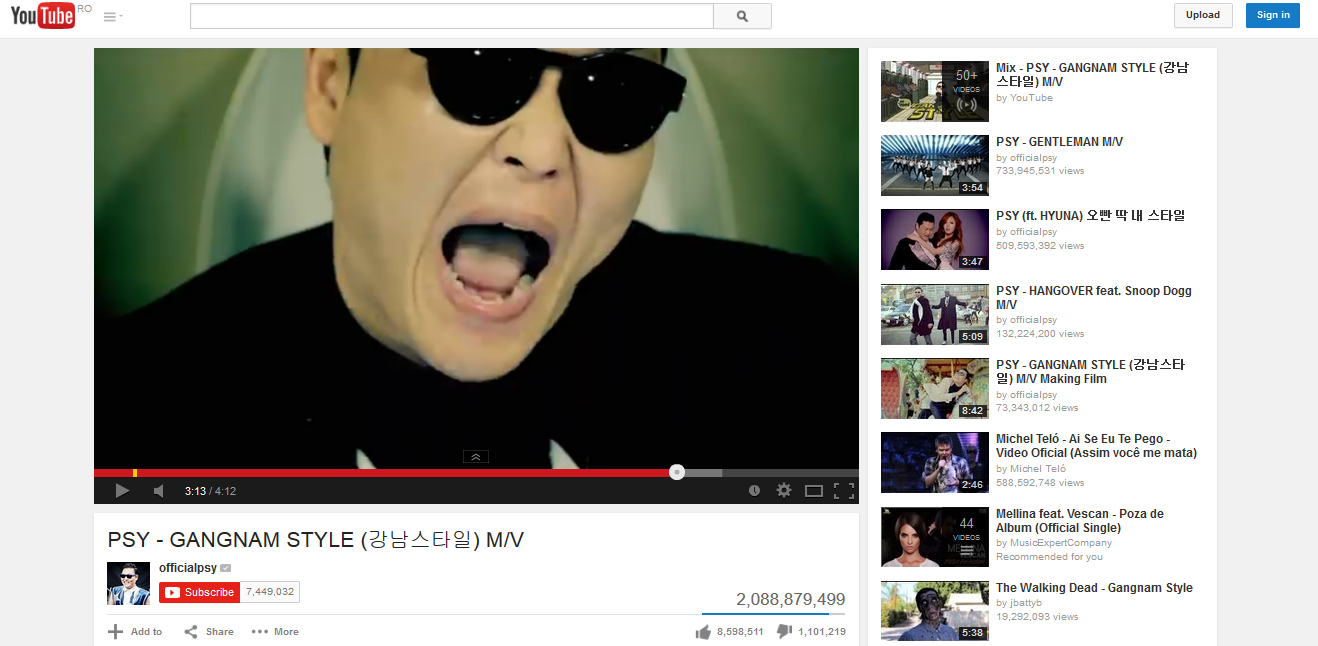YouTube, The Growing Platform – by Tabitha Saunders
For some people, YouTube may just appear to be a website for funny cat videos, but that couldn’t be further from the truth. In reality, YouTube is a growing, multimedia platform for anyone to contribute to, with the most popular types of videos being that of beauty, gaming, comedy skits, vlogging and the like. You name it, there are videos on it. As the audience has increased over the ten years YouTube has existed, there has been a rise in creators, or ‘Youtubers’. These people have won millions of fans and are able to earn a living from making videos designed to brighten someone’s day, whichever category their type of video may fall into.

In the last year or two, Youtubers have been gaining more and more traction from broader audiences, which has enabled them to write their own books, go on tours, and even produce documentaries and films. Now begs the question: does this make Youtubers celebrities, and do they deserve this fame?
Many certainly think so, as would show by how many Youtubers books have been at the top of the best seller lists for weeks on end, for example Tyler Oakley’s ‘Binge’ reached number 2 on the New York Times best seller list, and their films have been extremely successful, for example ‘Joe and Caspar hit the road’ by Joe Sugg and Caspar Lee was a comedy-documentary film which broke Amazon records as the most preordered film on the first available day. It’s clear to see these people have a large fan base.
This is something the media has picked up on, too. Youtubers like iisuperwomanii, pewdiepie and Tyler Oakley have all appeared on the talk shows of Jimmy Fallon, The Late Show and The Ellen Show respectively. This doesn’t just happen in the states, though. BBC Radio 1 has an hours slot on Mondays dedicated to the thoroughly successful “Internet Takeover”, usually hosted by the British Youtubers Danisnotonfire and AmazingPhil. Dan and Phil have also appeared on BBC breakfast and have hosted the BBC coverage of the Brit awards on the Internet for the past three years, interviewing more pop stars than one could remember. Closer to home, beauty vlogger Sprinkleofglitter (Louise Pentland) has appeared on celebrity mastermind, and vlogger Marcus Butler has recently announced he will compete on celebrity Masterchef.

So the above would suggest that: yes, these people have such large fan bases it would be difficult to explain why they couldn’t be classed as celebrities. Many of the Youtubers mentioned have become teenagers heroes due to how genuine they seem on camera and the fact that the majority of Youtubers tend to film in a familiar environment allows for a much more personal connection with the creator. Also, the idea that these people became famous as a result of people watching and liking their videos means that they were given fame by their audiences, showing how they were liked from the very beginning. Youtubers can serve as better role models than many pop stars or TV stars because most Youtubers are reasonably young and many suffered from eating disorders, bullying, panic attacks and even self harm and broken homes, allowing for a greater sense of connection between them and their teenaged fans.
The other part of the question posed was whether or not they deserved this fame. In the grand scheme of things, many will say yes, they do because of their genuineness. Others may point out that not all Youtubers can be seen as role models. There have been incidents in the past which indicate that some people are only in the YouTube community for fame and fortune. Certain pranks and ‘social experiments’ have gone too far in the last couple of years and there have been serious allegations against a couple of previously adored creators. Another issue is that some popular Youtubers are not exactly child friendly, and by that I mean they don’t censor out their swearing and use crude humour in their videos. With the right audience, this isn’t a problem because this is them being who they are and expressing themselves using whatever language they choose. The downside to this is that not everyone with a YouTube account is a teenager who understands what they’re talking about. Many parents fail to use the child settings on offer and so young children who might just want to watch funny cat videos end up being at risk of clicking on a video by a popular Youtuber who didn’t censor their language. If the settings were used however, this wouldn’t be a problem.
Personally, I do own Youtuber books and am subscribed to so many channels that I am never at a loss for content. Many others like me will agree that normal television isn’t becoming as important in modern society as there is so much more content online, which could suggest why BBC 3 decided to move the channel off air and online. The potential for online creators is huge, and even though I haven’t mentioned half of the awards won or the conventions or achievements, it is safe to say that YouTube, as a continually growing multimedia platform and as an Internet community, is beginning to see vast prospects for the future of #team internet.
The uniqueness of creators (and of anything Internet) are usually showcased in one five minute long video at the end of the year called ‘YouTube rewind’, and I believe these yearly recaps will only get better and better as more and more opportunities become apparent for these well-deserving people.















Post Comment
You must be logged in to post a comment.